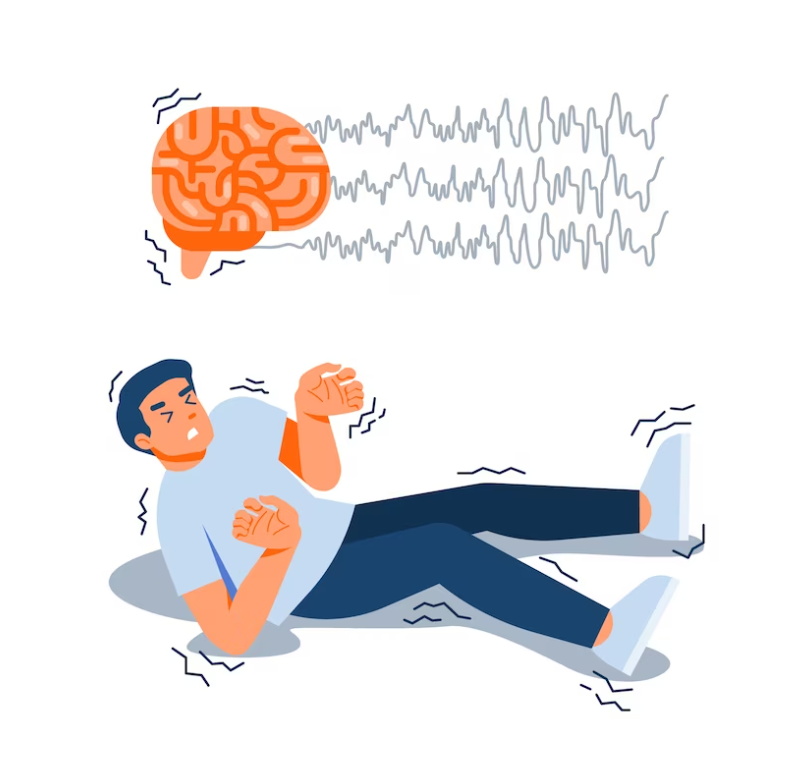
Living with a Brain Aneurysm: Spreading Awareness and Support
Living with a brain aneurysm can be challenging, but raising awareness can make a big difference. In this blog, we’ll explore how promoting understanding and support can help individuals with brain aneurysms feel empowered and supported.
1. Education is Key:
Understanding what a brain aneurysm is and how it affects individuals is the first step in promoting awareness. By educating ourselves and others about the signs, symptoms, and treatment options, we can help reduce stigma and misconceptions surrounding this condition.
2. Open Communication:
Encouraging open communication about brain aneurysms can create a supportive environment for those living with the condition. By sharing personal stories, experiences, and challenges, individuals can feel heard and understood by their friends, family, and communities.
3. Support Networks:
Joining support groups or online communities can provide individuals with brain aneurysms a sense of belonging and connection. These networks offer a safe space to share struggles, seek advice, and find comfort in knowing that others are going through similar experiences.
4. Advocate for Yourself:
Empowering individuals with brain aneurysms to advocate for their own needs and rights is essential. Encouraging them to communicate openly with healthcare providers, ask questions, and seek second opinions can help ensure they receive the best possible care and support.
5. Spread Awareness:
Promoting brain aneurysm awareness in our communities can help reduce the stigma surrounding the condition and encourage early detection and treatment. Sharing information on social media, participating in awareness events, and talking openly about brain aneurysms can make a meaningful impact.
Conclusion:
Living with a brain aneurysm requires strength, resilience, and support. By promoting understanding, fostering open communication, and advocating for individuals with brain aneurysms, we can create a more compassionate and supportive environment for all.
To seek medical advice, always consult a Doctor. Here are our recommended experts.
Click here
To read more on Neurological Disorders. Click Here



